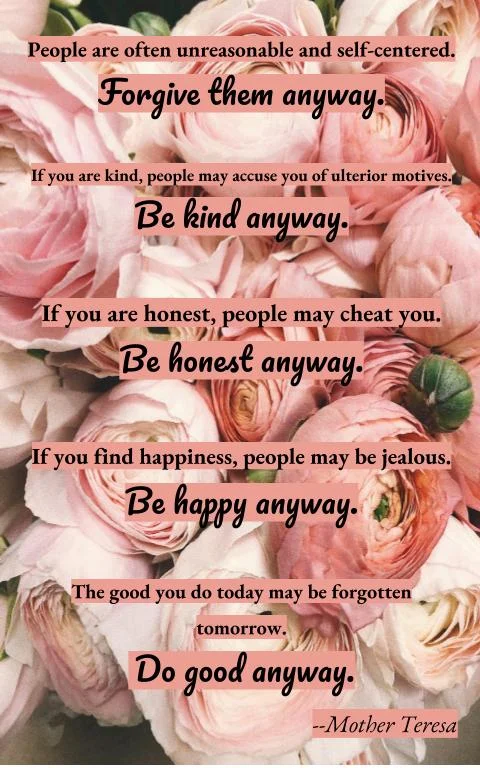Struggles with self-doubt are common among physicians and other healers after an adverse patient outcome and throughout malpractice litigation. As a surgeon once told me, nothing brings on a crisis of self-confidence like a malpractice lawsuit. And just the other day, I spoke with a physician who said that malpractice litigation has made her ask herself repeatedly whether her patient’s care was the best possible, and more importantly, “Am I a bad physician?”
For any of us, too much self-doubt is exhausting, isn’t it? And exhaustion doesn’t help us pull through the hard stuff. So, today I want us to ask: Why do physicians faced with adverse patient outcomes and medical malpractice litigation experience so much self-doubt? And furthermore, what can we do about it?
Self-doubt and Perfectionism
As we’ve explored in other posts, it is my belief that the world of western medicine is characterized by perfectionism. The process of medical school admissions selects for it, and the culture of post-graduate training often reinforces it. In an article published yesterday in the Boston Globe, Dr. Amitha Kalaichandran describes the culture of bullying present in some quarters in American medicine. While telling the story of a young physician named Daniel, she calls the feedback he received “punitive and demeaning.”
In my view, this bullying behavior stems from a toxic mix of power-hunger and profound perfectionism. After all, if I have to be perfect, then accepting that any way other than my way could also be right casts doubt on the perfection of my way. And if patients’ lives are at stake and I am your superior, then strong-arming you into doing things my way is only right. Whether that behavior is destructive to you or even remotely educational becomes immaterial. After all, patients come first, right?
Sadly, even if our training experience did not entail the extremes Dr. Kalaichandran describes, many of us have internalized the tendency -- assuming we didn’t possess it before ever entering medical school -- to harsh self-critique. We embrace the notion that perfection is possible and that it is our obligation to pursue it.
Doesn’t it seem only natural, then, that if things aren’t adverse-outcome-and-complication-free for our patients and malpractice-litigation-free for our careers, we will see the difference between reality and imagined perfection, and wonder whether we are to blame for the gap? Of course we will.
I’ve written before about some of the ways perfectionism harms us. If you think that might be part of your struggle, the solution is most assuredly NOT to be found in more self-blame. As nutty as it sounds, I have attempted to perfectly shake off perfectionism, and I feel personally compelled to inform you, it doesn’t work!
All along, I’ve realized that the deepest gift I bring to the bedside is my humanity. Remarkably, however, my humanity comes laden with, well, uh, my humanity. It’s just the way it is. And, as demonstrated by the recent debate over whether life-changing news should ever be delivered to patients by anything less than a full human presence, our patients wouldn’t have it any other way.
Self-doubt and Deep Commitment
As we’ve explored here before, two factors unite those persons whose hearts and minds are harmed when someone they are trying to heal or protect is injured. The first of those factors is a deep personal commitment to the welfare of others.
It seems to me that there is a direct relationship between the depth of our commitment and the likelihood that we will engage in self-doubt if injury or near-injury comes to the person we seek to protect or assist. Be that person our patient, our student, our aging parent, or our child, the more we love, the more we will engage in self-questioning. To paraphrase Mother Teresa, “Love anyway.”
Love them.
Then love you.
Self-doubt, Self-reflection, and Control
I’m fascinated by what I think I’ll call the Unified Field Theory of Physician Mind (UFTPM for short, because really, who doesn’t love a good acronym?). What does the UFTPM mean? It means that our strengths and our struggles come in one great big bundle, all tied up with a bow.
When public speaking, I often refer to a chain of qualities that generations of medical ethicists, philosophers, and practicing physicians have identified as the essential strengths of excellent physicians. Irreplaceable among them is self-reflection. Without it, we simply cannot grow. And given the massive and complex nature of the medical undertaking, growth will never be merely optional. Self-reflective readers, congratulations!
I recently had a eureka moment in relation to this aspect of our Unified Field. As I reflected (sorry! I couldn’t resist!), it occurred to me that in part, our self-reflection benefits us and our patients insofar as it helps us to learn from and mitigate the effects of tiny daily missteps. Through self-reflection, we sharpen our capacity to manage ourselves, our feelings, and our patients’ healing processes.
When in the course of human events, however, the utterly unexpected breaks through -- the medical error or unforeseen complication, the adverse patient outcome or malpractice lawsuit -- our sense of control, and with it our sense of peace, is often radically disrupted. As self-reflective healers, we may lean into our strengths by looking for the flaw in ourselves, the potential mistake we made, the growing edge life presents to us. All of which is healthy.
For a while, anyway.
And then, it’s not.
When turning that stone over again and again drifts from self-reflection into relentless self-critique -- self-bullying, as it were -- our efforts to restore our sense of control become misaligned with the unavoidably messy nature of the reality in which we live and practice.
It takes a whole lot of mettle to face the depths of reality’s unpredictability and “practice medicine anyway.” If you are managing it — actually, even if you’re not — I want you to pause and recognize yourself for your creativity and tenacity. You are one amazing being.
One amazingly human being.
Love yourself anyway.
Come work with me one-on-one! There’s no need for you to suffer in isolation in the aftermath of an unexpected adverse outcome or during malpractice litigation. E-mail here to schedule a complimentary call where we’ll discuss your situation and identify whether coaching might benefit you.




